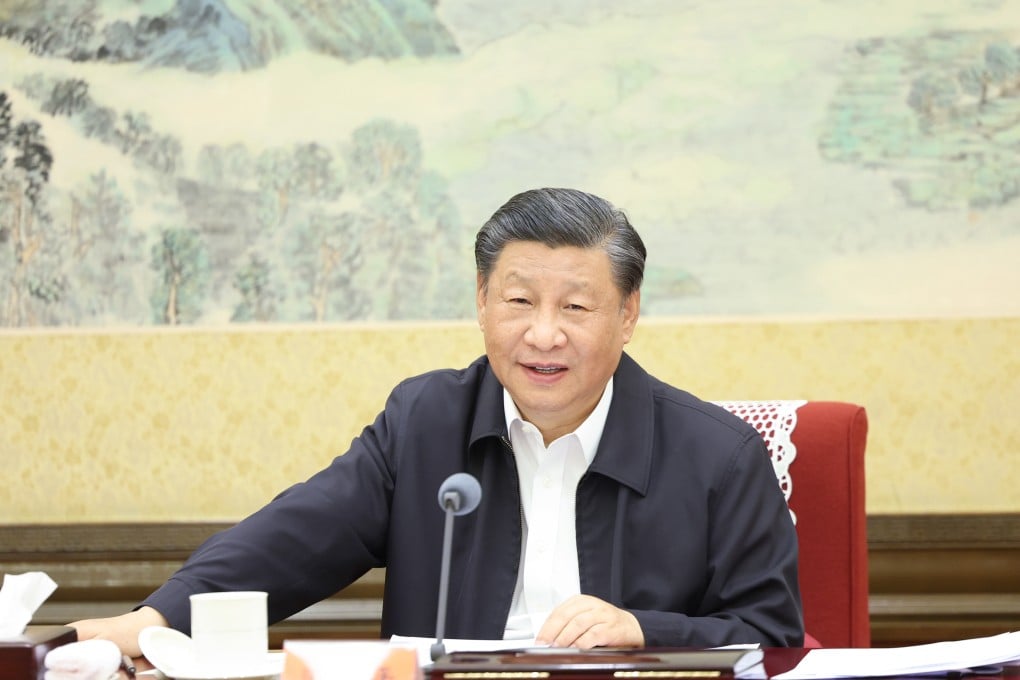China launches another internet crackdown targeting online rumours
- Drive by Ministry of Public Security follows call by Xi Jinping for country to build ‘security barrier’ around the internet
- Ministry says a campaign earlier this year resulted in 10,000 social media accounts being shut down

China’s Ministry of Public Security has embarked on a weeklong campaign targeting online rumours.
The ministry said the nationwide campaign was designed to better inform the public of the harms of misinformation.
It was launched on Saturday after President Xi Jinping brought a two-day cybersecurity meeting in Beijing to a close by stressing the need for China to build a “security barrier” around the internet.
“We must … thoroughly implement the important thoughts of the Communist Party’s Central Committee about [building] a ‘cyber great power’ and earnestly shoulder the responsibility of raising the banner to gather the hearts of the people, preventing risks and ensuring safety, and strengthening governance to benefit the people,” Xi told the meeting, according to state news agency Xinhua.
“[We must] increase momentum to promote development and seek win-win cooperation, adhere to the party’s management of the internet and the principle of [building] internet trust for the people.
“[We must] persist in building a solid national network security barrier, giving play to the driving and leading role of information, and managing, operating and accessing the internet according to the law.”